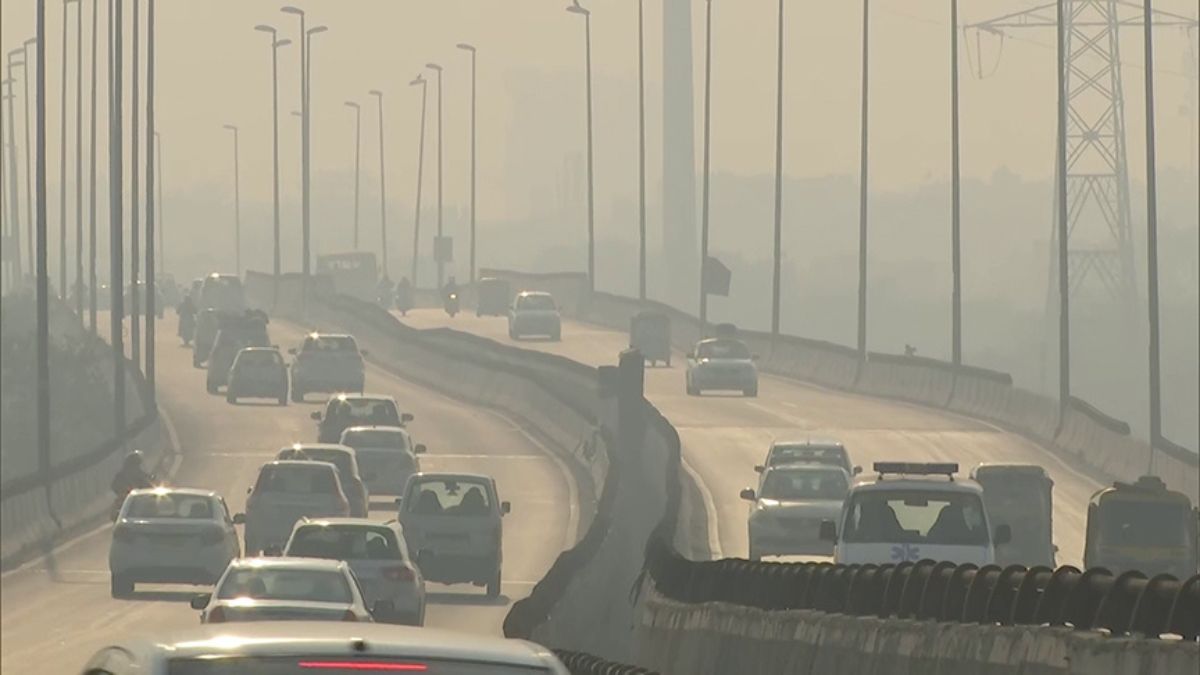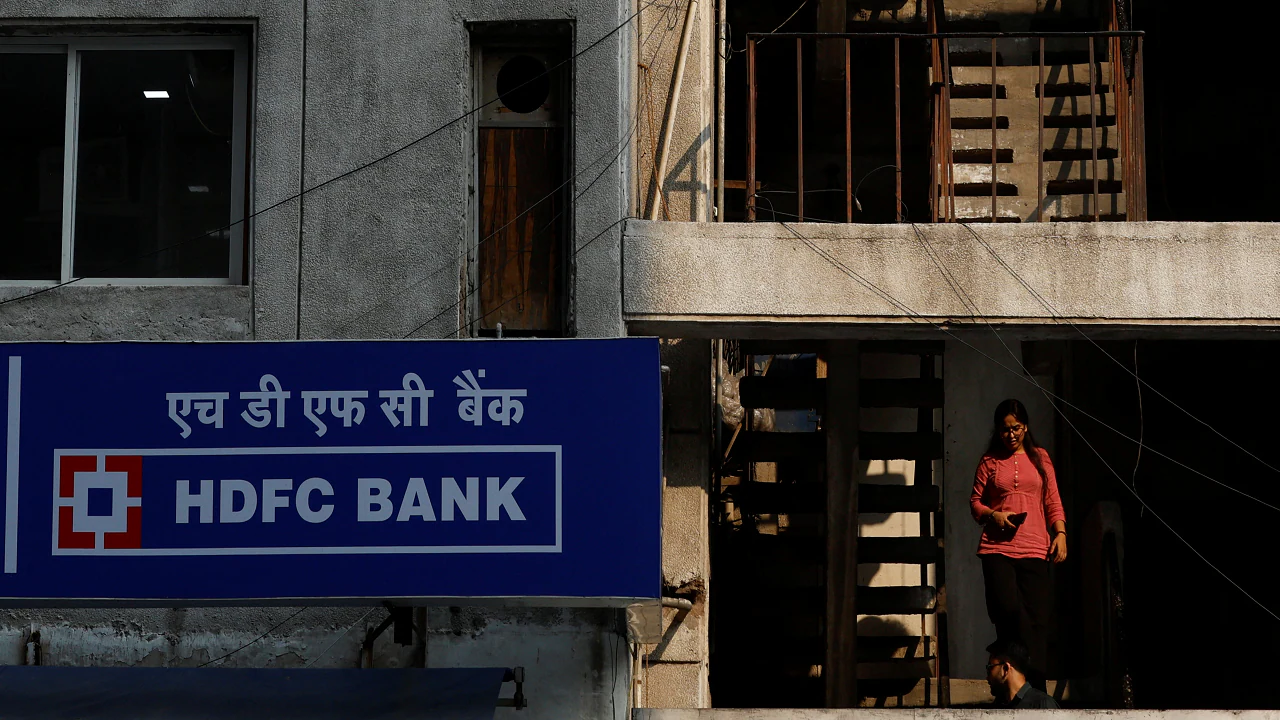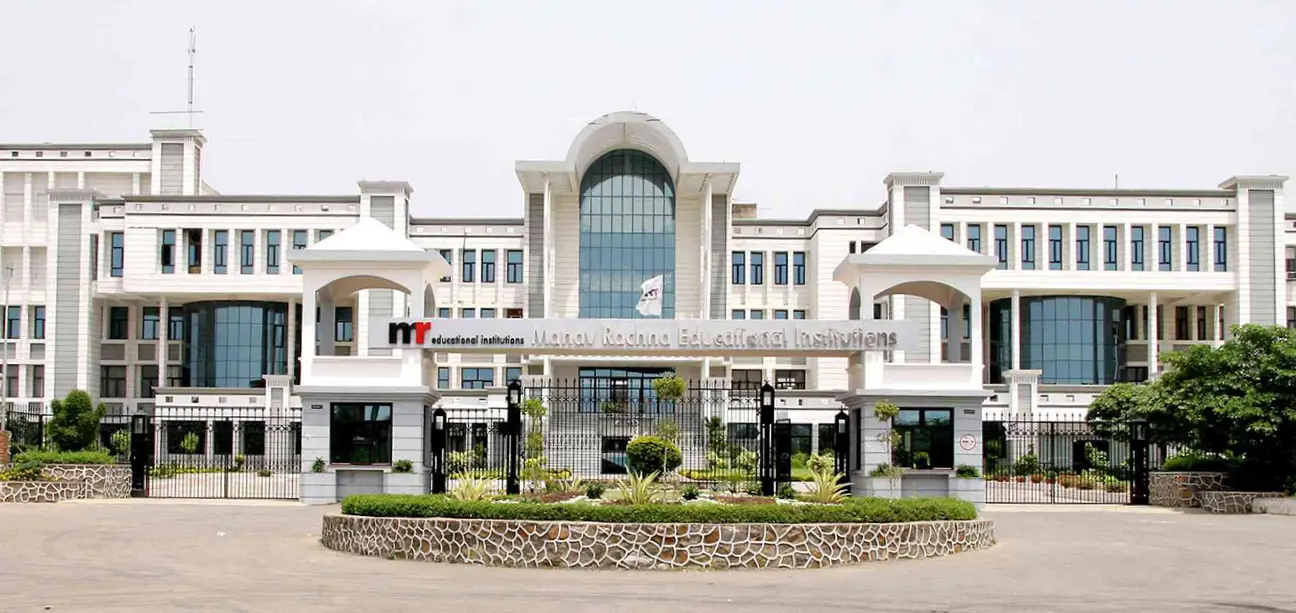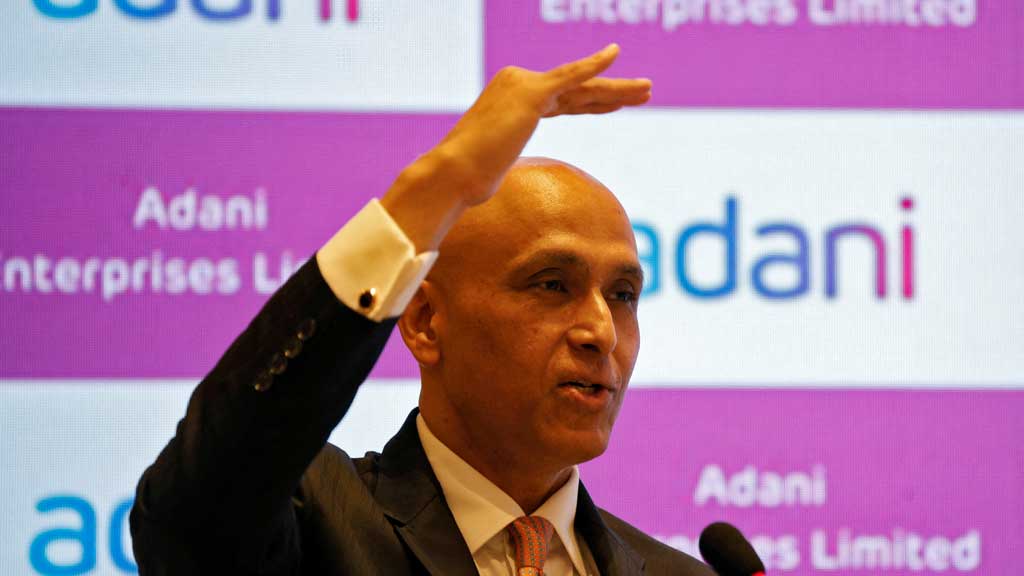Home / business / Schools in Gurugram and Faridabad to Remain Closed Amid Severe Pollution Levels
Schools in Gurugram and Faridabad to Remain Closed Amid Severe Pollution Levels
By: My India Times
3 minutes read 74Updated At: 2024-11-25

Amid persistent air quality concerns, authorities in Gurugram and Faridabad have announced the closure of all schools for students up to Class 12 until November 25, 2024. The decision comes as the Air Quality Index (AQI) in both urban and rural areas continues to linger in the "severe" category, posing significant health risks.
Protecting Children's Health a Priority
The official notification, issued by Deputy Commissioner of Gurugram, emphasizes that the measure is crucial for the health and safety of children. The directive mandates that all government and private schools suspend physical classes and transition to online learning for the affected period.
“As AQI levels across urban and rural parts of Gurugram remain in the severe category, it is in the interest of children’s health to extend the suspension of physical classes,†stated the DC’s notice.
Similarly, schools in Faridabad have followed suit, adopting similar measures to safeguard students amid the deteriorating air quality.
Rising Concerns Over Toxic Air
The National Capital Region (NCR), including Gurugram and Faridabad, has been grappling with hazardous air quality for weeks.
- AQI Levels: The AQI has breached the 400 mark in many areas, signaling severe pollution, with PM2.5 levels several times above safe limits.
- Primary Causes: Experts attribute the crisis to a combination of stubble burning, vehicular emissions, construction dust, and calm weather conditions, which trap pollutants near the surface.
Impact on Students and Parents
The closure has raised mixed reactions from parents and educators:
- Parents’ Concerns: Many parents have welcomed the move, expressing relief that children will not be exposed to the toxic air.
- Educational Challenges: On the flip side, educators are scrambling to ensure smooth online learning experiences for students, especially those preparing for board exams.
Steps Being Taken to Combat Pollution
Authorities have rolled out measures under the Graded Response Action Plan (GRAP) to tackle pollution, including:
- Ban on Construction Activities: All non-essential construction and demolition activities have been halted in Gurugram and surrounding areas.
- Odd-Even Traffic Schemes: Some areas have implemented vehicle rationing to reduce emissions.
- Water Sprinkling and Dust Control: Anti-smog guns and water tankers are being deployed to suppress dust on roads.
- Work-from-Home Advisory: Many corporate offices have encouraged employees to work remotely to reduce vehicular pollution.
Expert Opinions
- Dr. Ramesh Gupta, pulmonologist, suggests that children are especially vulnerable to polluted air, which can lead to respiratory ailments, reduced lung function, and long-term health complications.
- Environmental Activist Sunita Narain: “Emergency measures must be coupled with long-term policy changes, such as stricter emission norms, sustainable agriculture practices, and urban planning.â€
What’s Next?
While schools remain closed, there is growing pressure on authorities to introduce proactive measures to prevent such crises in the future. Long-term solutions, including transitioning to green energy, stricter vehicular pollution controls, and widespread afforestation, are being discussed.
For now, residents are urged to:
- Limit outdoor activities, especially for children and the elderly.
- Use N95 masks and air purifiers where possible.
- Stay informed about AQI updates via government portals and weather apps.
Amid persistent air quality concerns, authorities in Gurugram and Faridabad have announced the closure of all schools for students up to Class 12 until November 25, 2024. The decision comes as the Air Quality Index (AQI) in both urban and rural areas continues to linger in the "severe" category, posing significant health risks.
Protecting Children's Health a Priority
The official notification, issued by Deputy Commissioner of Gurugram, emphasizes that the measure is crucial for the health and safety of children. The directive mandates that all government and private schools suspend physical classes and transition to online learning for the affected period.
“As AQI levels across urban and rural parts of Gurugram remain in the severe category, it is in the interest of children’s health to extend the suspension of physical classes,†stated the DC’s notice.
Similarly, schools in Faridabad have followed suit, adopting similar measures to safeguard students amid the deteriorating air quality.
Rising Concerns Over Toxic Air
The National Capital Region (NCR), including Gurugram and Faridabad, has been grappling with hazardous air quality for weeks.
- AQI Levels: The AQI has breached the 400 mark in many areas, signaling severe pollution, with PM2.5 levels several times above safe limits.
- Primary Causes: Experts attribute the crisis to a combination of stubble burning, vehicular emissions, construction dust, and calm weather conditions, which trap pollutants near the surface.
Impact on Students and Parents
The closure has raised mixed reactions from parents and educators:
- Parents’ Concerns: Many parents have welcomed the move, expressing relief that children will not be exposed to the toxic air.
- Educational Challenges: On the flip side, educators are scrambling to ensure smooth online learning experiences for students, especially those preparing for board exams.
Steps Being Taken to Combat Pollution
Authorities have rolled out measures under the Graded Response Action Plan (GRAP) to tackle pollution, including:
- Ban on Construction Activities: All non-essential construction and demolition activities have been halted in Gurugram and surrounding areas.
- Odd-Even Traffic Schemes: Some areas have implemented vehicle rationing to reduce emissions.
- Water Sprinkling and Dust Control: Anti-smog guns and water tankers are being deployed to suppress dust on roads.
- Work-from-Home Advisory: Many corporate offices have encouraged employees to work remotely to reduce vehicular pollution.
Expert Opinions
- Dr. Ramesh Gupta, pulmonologist, suggests that children are especially vulnerable to polluted air, which can lead to respiratory ailments, reduced lung function, and long-term health complications.
- Environmental Activist Sunita Narain: “Emergency measures must be coupled with long-term policy changes, such as stricter emission norms, sustainable agriculture practices, and urban planning.â€
What’s Next?
While schools remain closed, there is growing pressure on authorities to introduce proactive measures to prevent such crises in the future. Long-term solutions, including transitioning to green energy, stricter vehicular pollution controls, and widespread afforestation, are being discussed.
For now, residents are urged to:
- Limit outdoor activities, especially for children and the elderly.
- Use N95 masks and air purifiers where possible.
- Stay informed about AQI updates via government portals and weather apps.
By: My India Times
Updated At: 2024-11-25
Tags: business News | My India Times News | Trending News | Travel News
Join our WhatsApp Channel































.jfif)

































































































.png)
 (1).png)























